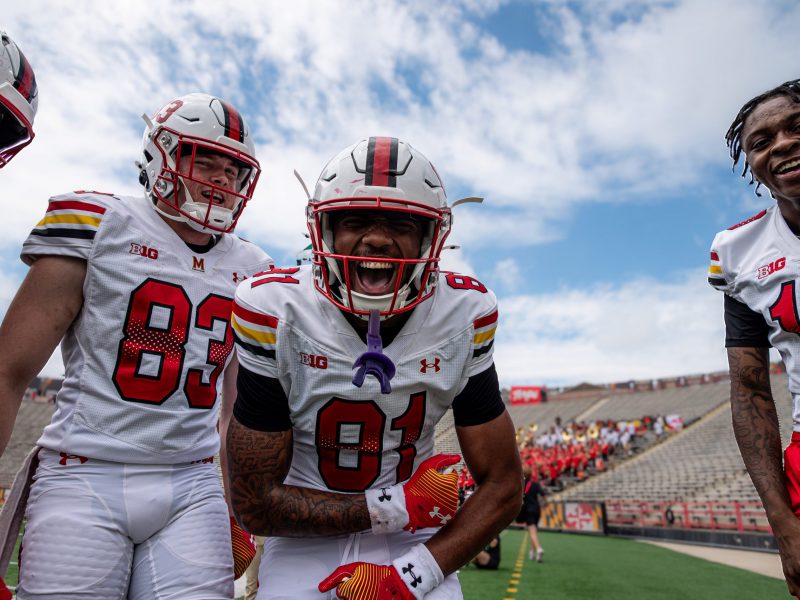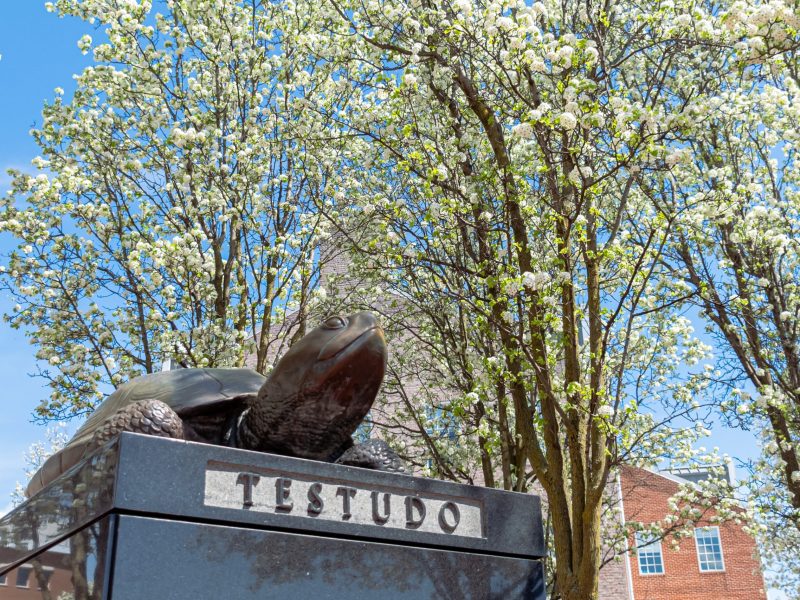
Fair Trade Coffee is sold in several campus locations, but not the dining halls.
Staff writer
The Residence Halls Association is exploring a pilot program that would bring Fair Trade Coffee to dining halls after more than three years of lobbying by campus groups.
If Fair Trade Coffee is added to the dining halls, it would likely increase student fees, according to the resolution passed last Tuesday. Dining services director Pat Higgins said the increase could reach $3 per student.
Fair Trade coffee has been a hot topic among students and faculty throughout the university. In 2003, the Student Government Association promoted Fair Trade and in 2004 the University Senate requested that the university look into getting the organic coffee. Since then, many students have lobbied for the switch to Fair Trade.
RHA president Kareem Branch said the resolution would explore adding Fair Trade Coffee in the dining halls, either exclusively or in conjunction with coffee vendors that provide both Fair Trade and regularly processed coffee. Fair Trade coffee is currently sold in some convenience stores and cafes on the campus.
Branch said the Dining Services Advisory Board would look into creating a pilot program to implement the switch and assess the price and student interest.
Fair Trade is a certification service that ensures organic food production and fair compensation for farmers. Proponents of the Fair Trade service – which also works with other products – argue it is not only higher quality, but benefits producers who are often underpaid for their work. It could cost the university more money because it costs more for the Fair Trade certification.
Higgins said choosing vendors involves putting a request through the Campus Procurement and Supply Department, which sends information to potential vendors.
When the department gets bids back from the vendors, Dining Services will decide the most cost-effective and accommodating option. She said the coffee contracts must be re-negotiated annually, and added this year she requested to add Fair Trade vendors to the bidding process.
Branch said he would be willing to work toward adding Fair Trade, but needed to be sure it was a priority for students despite the potential price increase – an idea that could be assessed through a pilot program.
Richard Randall Doak, president of the Fair Trade Advocacy Club, said the organization has been working for the switch since at least 2002. He said RHA’s stance to explore the issue is a victory for the organization.
“The passing of the resolution evoked mixed emotions because it was a great victory for us,” he said. “There were stipulations and ‘if’ clauses and conditions about this being in the dining halls, but after we discussed and reviewed the revisions, we saw it as a big stride.”
Contact reporter Hadass Kogan at kogandbk@gmail.com.


